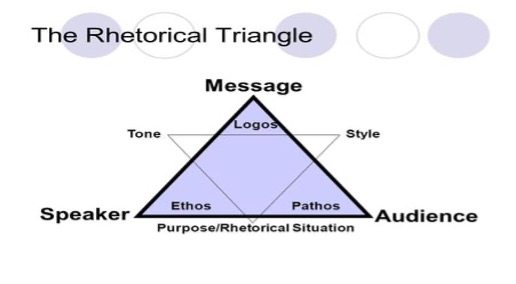- Who do you want or need to hear you?
- What do you know about your audience?
- Use what you know about your audience to help structure your message.
- Is this a formal or informal request?
- What is the main focus of your message?
- Can you clearly describe your purpose in simple terms and/or directions?
- Introduction, body, conclusion
- Keep it simple, short, and straightforward
- Follow the KISS method as often as possible
- You are writing to express , not impress
Once your audience, purpose and content have been determined you can now determine what method of routine message genre is best suited for your intended message and audience.
Breaking it Down Further
- Consider the recipient(s)’ requirement or need for the information.
- Think about your purpose for communication; state your objective.
- Break the information into absorbable, easy to read sections.
- Do not cause your reader a need to interpret your information; it should be clearly written and understandable. (KISS)
- Who?
- Why?
- What?
- Where?
- When?
- How?
Understanding the Rhetorical Triangle
What lies between the author and his or her communication possesses an intention to convey a persuasive tone within the message. The message now takes a distinct form and style that is based on the determination of the intended audience in addition to the purpose of the message. The message content should convey logic, yet be emotionally appealing to the intended audience. The message will build upon the author’s ethical credibility, or ethos.

Rhetorical Considerations
- Audience – tailor your communication to suit your audience.
- Message objective – what routine business form will you use? Remember to clearly define your purpose.
- Speaker – that is you! How will you portray yourself to others? You are building your reputation, so make it a good one!
- Ethos – your reputation will be, in part, be developed by your presented writing skills.
- Rhetoric – “…a good [writer] with persuasive power of ethos has three qualities – intelligence, character, and goodwill. (Hoffman & Ford, 2009, p. 37).”
- Pathos – evokes a sadness or pitiful emotion.
- Logos – principle of reason and judgement
Common Mistakes Can Lead to Big Problems
Yes, the English language can be tricky, but if not used properly it can cost businesses hundreds of thousands of dollars – and even lives – as we have learned earlier in this chapter. The lesson here: know proper grammar and punctuation.
Punctuation!
Yes, it matters! And, it can cost hundreds of thousands of dollars when used poorly and incorrectly. “Information released by the Federal Government under the Freedom of Information Act revealed that a nuclear-plant supervisor ordered ‘ten foot long lengths’ of radioactive material” (Egan, 1995). How can this order be misinterpreted? Did the plant supervisor mean ten foot-long lengths of radioactive material, or did he mean ten-foot long lengths? It turned out the latter was needed, but the former was what the recipient had interpreted. The plant was sent ten one-foot rods, at a cost so great it had been later classified.
Summary
Examples of one word options to replace common phrases & other verb phrasing suggestions to help keep your messages simple – K.I.S.S.!
Table 4.1. Anti-Fluff Techniques
Anti-fluff technique Examples Use one-word options where available Replace: - ‘in the event of’ with ‘if’
- ‘as a consequence of this’ with ‘consequently’
- ‘despite this above mentioned fact’ with ‘however’
- ‘The objective of the initiative is to…’ with ‘the initiative aims to…’
- ‘The completion of the first stage has…’ with ‘Completing the first stage has…’
Key Takeaway
- What routine business form will you use? Understanding your audience and incorporating acceptable mediums according to your organizational culture will greatly influence what form of communication to utilize in a given situation.
Exercise
- Compose a form of business communication that utilizes one word options and verb phrases, rather than noun phrases.
References
Bly, R. W. (1999). The Encyclopedia of Business Letters, Fax Memos, and Email. Franklin Lakes, N.J.: Career Press.